Who wants to live forever, anyway?
The media is awash with advice on anti-ageing. But what really drives our fear of getting older?

There’s been a great focus on death over the past fortnight - specifically, one death. Notably though, the bare facts of death itself have gone unmentioned: what the Queen died from, how she died, the gentle - we hope - transition from old age to death, presence to absence. Instead, coverage and discussion was all about her life, her role, her achievements. We don’t like to look at death and what it really means, because in every death, we see the reflection of our own - and it’s too frightening to contemplate.
Fear of the end of life, and the beginning of either nothing, or eternal life, depending on your beliefs, is often what drives our fear of age, too. It’s more than reasonable to dread an old age of pain and disease, dementia, widowhood and loneliness - nobody would anticipate that possibility with anything other than at least mild trepidation.
But while maintaining friendships, staying active and taking healthier steps to avoid potential problems of older age such as osteoporosis or high blood pressure is sensible, the general view of ageing and eventually dying is not ‘let’s make it less frightening’, but ‘let’s deny it altogether.’

Rather than advice on good ageing, we are beset by information on anti-ageing, as if getting older is an infestation we can control with the right spray. Because we have deliberately turned our backs on the reality of death, we’re prepared to try almost anything to stay youthful, and keep it at bay.
In Silicon Valley, tech-bros are working relentlessly on achieving immortality - not through their work, but in their lives, with the aim of clocking up extra years like cash accumulating in a Swiss bank account.
Tech billionaire Aubrey de Grey (if you were writing a thriller about the phenomenon, you’d reject this name immediately for being ridiculous) heads the SENS foundation, launched in 2009 - ‘the world’s first organisation dedicated to curing ageing’.
Cue Jeff Goldblum, murmuring, ‘your scientists were so preoccupied with whether or not they could, they didn't stop to think if they should...’
A 2017 article in The New Yorker by Tad Friend, ‘Silicon Valley’s Quest to Live Forever’, describes an LA symposium where ‘celebrities and Silicon Valley elites gathered to grill the biologists on their chances of making death optional’.
Cryogenics, transfusions of virgin blood, hyperbaric chambers - it’s all in the mix. Of course, most of us don’t expect to live forever, but the possibilities and obsessions of this elite group of loons filter down via media attitudes to join the rushing stream of social media, along the wide river of shameless advertising and through the silted estuary of all our insecurities, to create a roiling sea of doubt and hope that crashes constantly against our more realistic expectations.
The implication is that nobody needs to age or suffer or become ugly
Last year, in America, the anti-ageing products market was estimated at $11.6 billion. The global market in anti-aging products is predicted to reach $47.8 billion by 2027. Most of this is, of course, aimed at women, but men aren’t immune - gym memberships, hair regrowth serums, Botox, collagen, vitamin supplements, are aimed at everyone. Even as the Western world drowns in obesity and ill health, marketing messaging relentlessly depict slim, fit midlifers, cruising merrily into their seventies, eighties and beyond.
Underpinned by the social media obsession with ‘wellbeing’, the implication is that nobody needs to age or suffer or become ugly - they only need to take the right vitamin powders and work out regularly.

Unlike the philosopher’s stone of legend, the elixir of youth is offered not by magic but by an allegedly achievable combination of expensive products, elite club memberships and extremely hard work; the ultimate late-capitalist dream. The underlying buy-now message is ‘we’re offering you all these solutions - so if you fail and find that you’ve aged regardless, it’s your own fault.’
Flaunting her incredible figure in a string bikini…
The media’s ongoing obsession with youthfulness, largely via the medium of millionaire women whose job involves looking fantastic, is promoted daily. A single glance at the sidebar of shame shows ‘Britney, 40, showcasing her jaw-dropping figure’, ‘Gwen Stefani, 52, showing off her VERY smooth complexion’, and Heather Graham, also 52, ‘flaunting her incredible figure in a string bikini.’
Nicole Kidman’s newly muscular arms got so much coverage you’d think they were starring in their own biopic of Mr Tickle.
In the broadsheets, recent headlines include ‘The ultimate 7 day, low sugar anti-ageing diet’, and ‘The anti-ageing secret: How a young mindset makes you live longer’. Plus ‘an interview with the anti-ageing scientist who thinks we could all live to 150.’
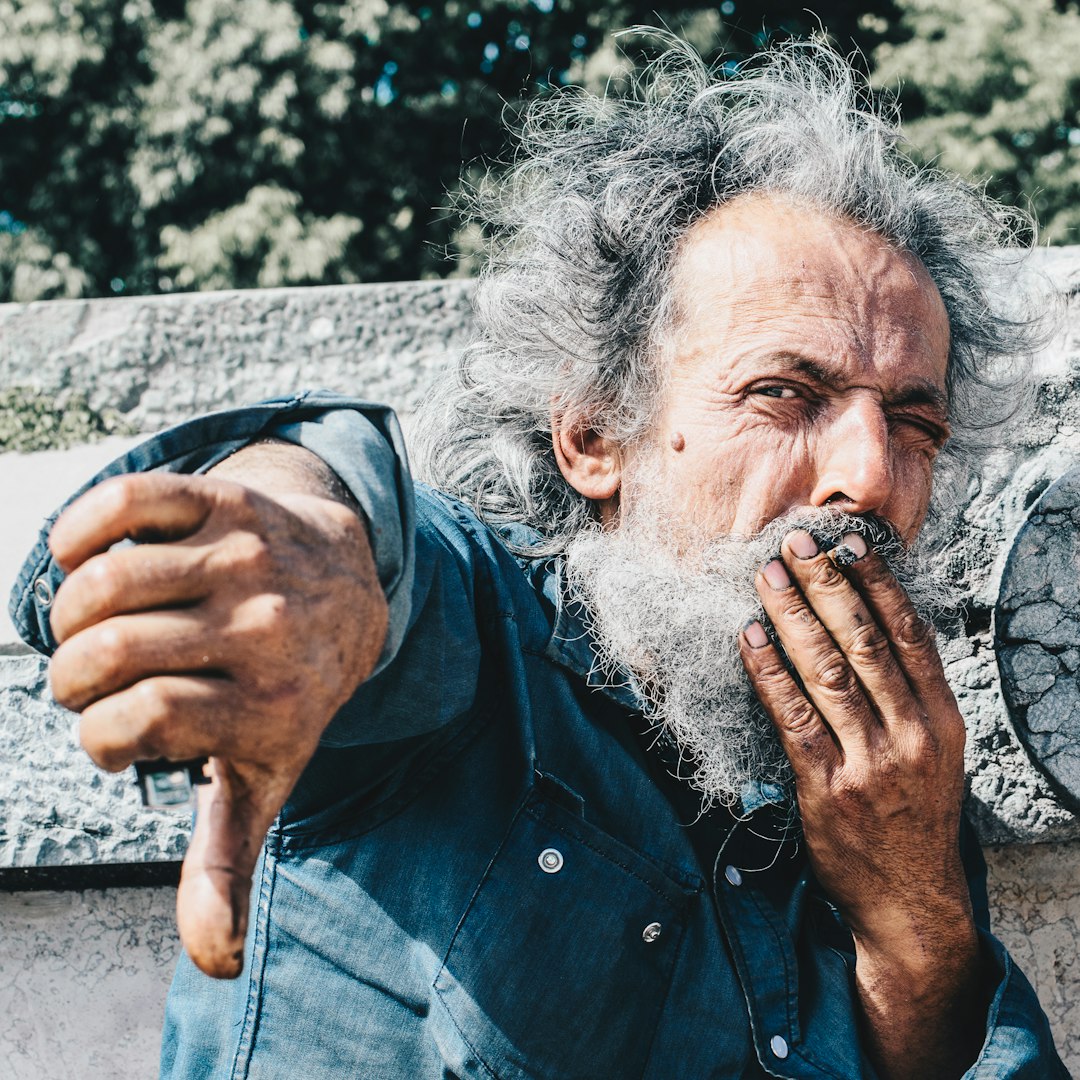
It’s seldom remarked that A-listers are paid millions to look as they do. If they age, the work stops, and they only get straight-to-Netflix offers for ‘frumpy Mom who appears in two early scenes before being eaten’, so half their earnings go into cosmetic ‘tweaks’, personal trainers, nutritionists, hair colourists and bespoke workouts that they must rise at 4.30am to complete before their egg white and blue algae smoothie.
Nobody normal does, or could, live like this, and nobody normal would want to. Yet a physically youthful appearance is now the ultimate signifier of success, regardless of what you’ve achieved, who you’ve become, or the lives you’ve improved.

It’s anticipated that you’ll dye your hair at the first sign of grey (or ‘sparkles’ as my last hairdresser called them, as I obviously couldn’t be trusted to cope with the idea that at 50, I was going slightly grey). It’s assumed that if you can afford Botox you’ll have it, that you’ll ‘invest in skincare’, to the tune of hundreds of pounds dropped on horse urine extract and unpronounceable chemicals, that if you’re not at the gym regularly, you’re just being lazy and have no right to complain about aches and pains, that if you’ve got a muffin top and armpit fat, it’s not because almost everyone puts weight on after 40, it’s because you haven’t tweaked your bespoke HRT prescription and you’re not doing enough Pilates to ‘tone up.’ Perhaps add in some HIIT sessions, or try a triathlon.
If you’re reading this thinking ‘oh my God, eeew,’ I suggest you’ve been infected too
Obviously, there’s nothing wrong with trying to stay healthy into old age. If you have the time, the resources and the wherewithal, it’s even wise. But many don’t, or can’t, and failing to hold off the ravages of time is not a moral failing.
Ageing does mean we lack energy, it does means muscles waste and fat is laid down in unfortunate places. Bones are less dense, hair is thinner, skin is more fragile, wrinkles develop, gravity pulls, we are more prone to ill health and mobility problems… and if you’re reading this thinking ‘oh my God, eeew,’ I suggest you’ve been infected too, by the relentless hammering of the message that ageing is bad - and not only bad, but avoidable.
All of us, though, are just foolish King Canutes, failing to hold back the tide, because nothing - not money, not good genes, not exercise, not diet, not a Silicon Valley research facility and definitely not Botox - will stop our enforced, eventual boarding of the ageing-and-dying bus.

Nothing in our culture, sadly, is designed to help us come to terms with that inescapable fact. Ageing isn’t sexy. It’s depressing to contemplate, and it’s so much easier to pretend that we have the power to change things. Schooled by successive governments in the belief that the individual can overcome any societal and physical difficulty if only they’re willing to try harder, and beset by shining, Truman Show proponents of the same idea via adverts, interviews and Instagram, it’s impossible to believe that we can’t somehow cheat old age and death with a combination of luck and effort. Hence the irritable pity we reserve for the elderly. They were never like us, with our spinach smoothies and our whirring Pelotons; they just didn’t try hard enough.
The media approach to ‘real’ older women, too, is generally a sort of benign astonishment that they’ve managed to tie their own laces without having a stroke. ‘This amazing woman is 72 and still working!’ ‘She did a parachute jump at 83!’
Once past 50, those representing ordinary women in the media are generally only allowed to have opinions on weight gain and loss, divorce and loneliness.

I asked a few people in a Facebook business group how they felt about media representation.
‘As soon as you hit 50, you’re enveloped in a cloak of invisibility,’ says Stephanie Oram. ‘Age shouldn’t be a factor,’ says Polly Arrowsmith. ‘It’s boring to buy a multitude of publications and to see the young dominating articles.’
‘A fairly widespread assumption is that people over 50 are “gammons,” supporting Brexit and the Conservative party,’ adds Mike Facherty. ‘It’s a lazy stereotype.’
One member re-posted the infamous ‘walking challenge’ poster that recently went viral due to its brutally insulting depiction of over-45s, who apparently range from ‘lonely, disabled eccentric’ through ‘angry lesbian who enjoys Kierkegaard and swimming in Hampstead Ladies’ Pond’ to ‘the old lady in The Aristocats.’
Perhaps with imagery like this, it’s hardly surprising that the prospect of ageing fills so many of us with dread.
But we should surely think less in terms of anti-ageing and more in terms of good ageing. Never mind ‘cosmeceuticals’ and transplants, forget pretending to find the nuance-free obsessions of youth interesting, get over the questionable validation of being considered a sex object.
Focus, instead, on how best to greet a different era of life, when some things inevitably matter less, when it’s acceptable to age, and inevitable that we’ll die. Learning to live with that awareness makes for a good life - one where we’re not running back to a chimera of youth in fear, but walking, peacefully, towards the future, whatever it may bring.
Further reading: Books I’ve found hugely useful and interesting on ageing and death include With the End in Mind: How to Live and Die Well, by Kathryn Mannix, The Denial of Death by Ernest Becker and The Book About Getting Older (for people who don’t want to talk about it) by Dr Lucy Pollock.
Please do suggest any you’ve enjoyed in the comments.
KEEP READING…
LOCHED UP: My Life in Rural Scotland
Not another bloody article about wild swimming
Every week, I reveal more about my life in deepest, rural Argyll. I’ve lived here for almost seven years, and until this summer, I’d never been ‘wild swimming’ …
‘In my day, we just used to call it swimming.’ Copyright 8670 men on Twitter. In fact, popular loathing for the obnoxious smugness of the self-styled ‘wild swimmer’ is so strong, they’re now hovering somewhere between Jeremy Clarkson and Jeremy Corbyn on the public contempt scale.
It’s true that ever since The Guardian heard about it, it’s been compulsory to publish at least one article a week titled ‘How wild swimming saved my mental health and made me a better LGBTQI ally’ or ‘I got divorced and went wild swimming - now I’m a North London art therapist’.
Midlife, middle class social media, too, is overwhelmed with pictures of pink, grinning women in rubber hats, bobbing in some freezing municipal boating lake or wading through moorhen shit to greet the day.

I always looked at this stuff and thought, this is exactly why God invented the local leisure centre. Warm enough not to kill you, no bird poo in the water, and a bored teen on lifeguard duty in case you drown. I like doing a stately old-lady breast-stroke up and down in the synthetic, chlorinated water, dodging past the tiny neon midges of Toddler Time and the splashy labrador-men using the lanes to stave off their next heart attack.
By contrast, I always assumed I would not enjoy the opportunity to be swept away by a random current, as birds laugh and poo around me, eels wind through my ankles, and pondweed tugs viciously at my wrists, all at the sort of temperatures a polar bear would find a bit brisk.
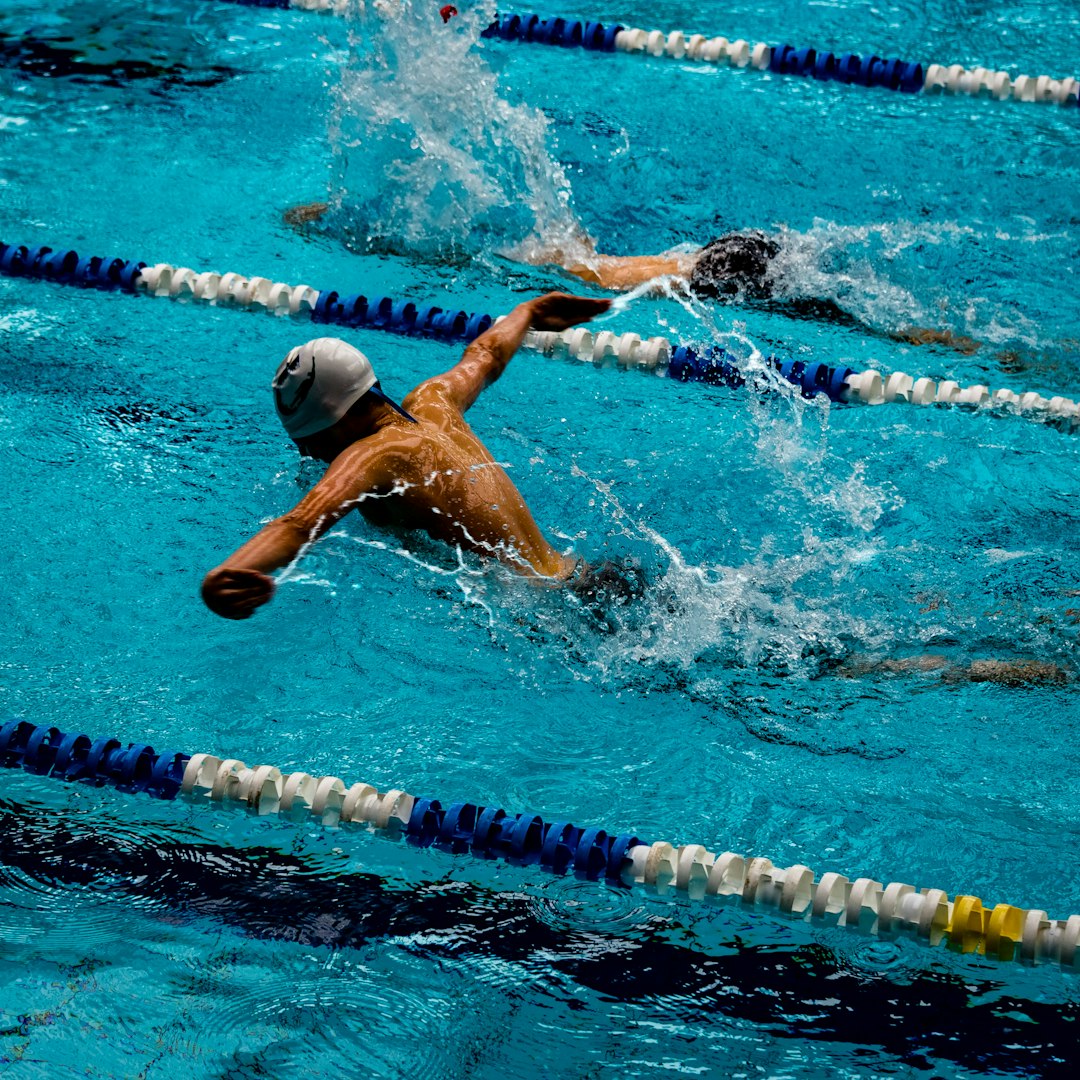
This year, of course, there’s the added bonus of tides of human excrement being poured into Britain’s seas and rivers, due to the government agreeing that it was a great idea to ‘cut red tape’ and create a metaphor, simultaneously.
However - because all ‘I thought I hated a thing, then I did it’ articles have a ‘however’ - this summer, I went wild we-just-used-to-call-it swimming, thanks to a friend.
At first, I was going to say I’d just meet them for cake
It was her birthday, and she invited me and six other women to a swimming lesson in a loch a few miles away. At first, I was going to say I’d just meet them for cake afterwards. I felt viscerally terrified, partly because swimming in a loch sounded unbelievably cold and thankless, and partly because I hated PE so much at school, the idea of doing anything even slightly physically challenging with witnesses plunges me straight back to third form, hiding in the cloakroom with Mrs Rawsthorne in her navy nylon tracksuit on the warpath. (‘Pheeeeeeeep! Mark your man, girls!’)
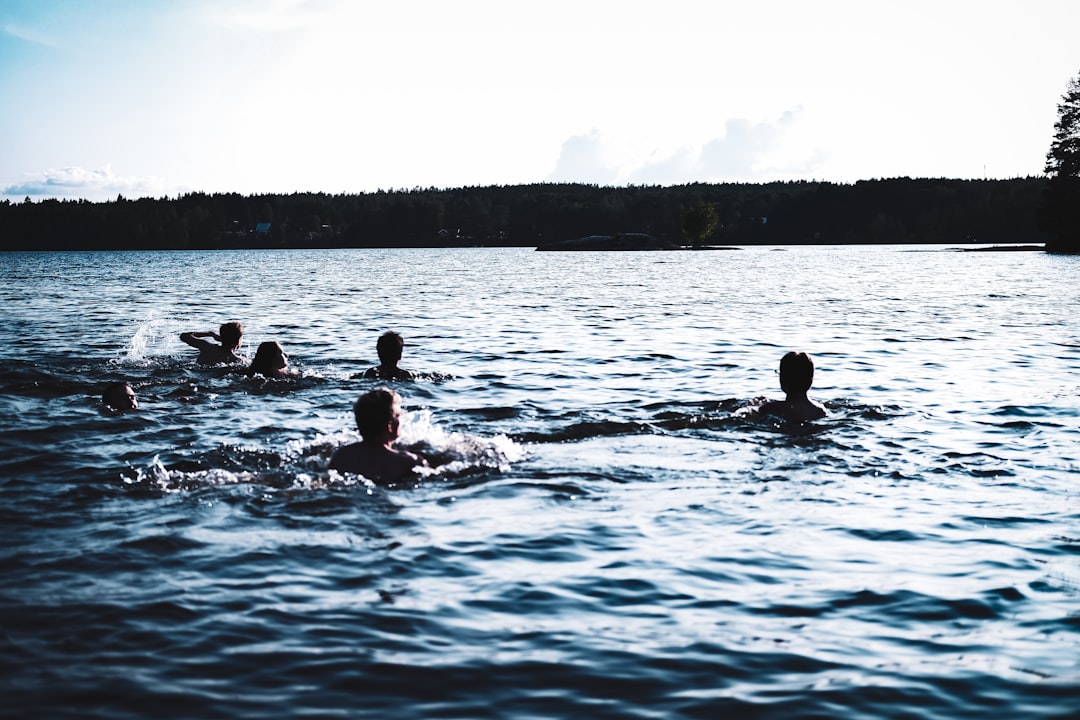
A watery death surrounded by grinning pike
But - despite all that - I’d had Covid a month earlier. It left me in a state of weary anhedonia, where nothing was fun, and everything felt like the same grim old trudge, day after day. This was at least something new, and I’ve always thought challenging yourself not to be a whining git is a good thing occasionally. I said yes, ordered a suspiciously cheap wetsuit on Amazon,and spent a week envisaging myself sinking beneath the surface to a watery death surrounded by grinning pike as horrified friends failed to reach me in time.
July in Argyll is not like ‘summer’ in other places
On the day, I drove to the spot as a fine, misty drizzle obscured the landscape of forests and mountains. The loch in question was rippling with waves, and a stiff breeze blew across the water. (July in Argyll is not like ‘summer’ in other places). Our teacher, Dan, (Dan the Merman, find him here), rocked up on a pushbike, looking relentlessly wiry, the sort of ‘outdoor’ fit that suggests a life of scrambling up cliff faces for no reason. He talked us though a few tips - don’t overfill your lungs, don’t scream, don’t gasp, float on your back if you panic - handed out neon swimming hats, and gestured to the enormous chilled basin before us.
One by one, we walked in (that was another tip. Never jump in. I think you’re alright on that front, Dan). I was the only one who’d forgotten to buy neoprene boots, so I went in flip-flops then took them off and threw them onto a rock, where it later took us twenty minutes to find them.
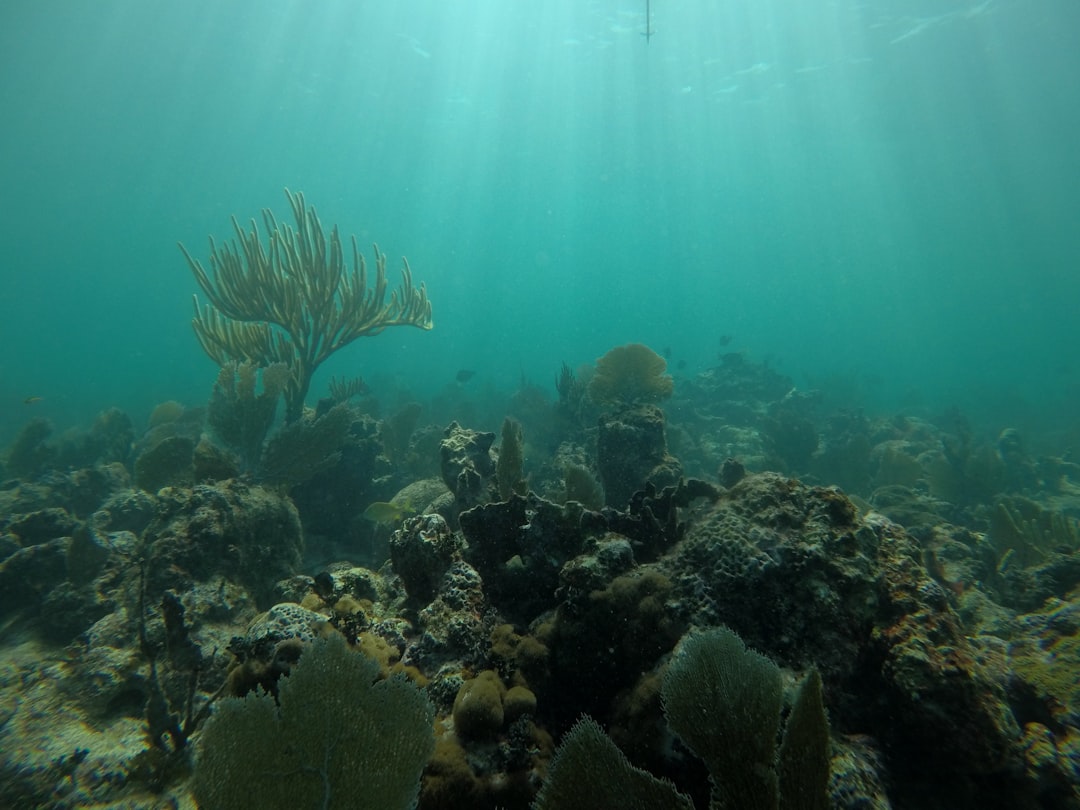
The cold struck around the thighs first. It was as if Nosferatu had suddenly gripped my legs, sending his deathly, aching chill through my entire body. By waist depth, it was very hard not to scream, and I was only being brave because I didn’t want to look like a massive baby in front of everyone else.
We started to paddle after Dan like little ducklings and I felt the water creep into my wetsuit. That’s ‘supposed to happen’, apparently, to create a layer warmed by your own body heat. If there’s any left. I thought about the local leisure centre a few miles away, and the toasted teacakes they do in the cafe.

After a few minutes, though - yes, here comes the irritating epiphany - I started not to hate it. It struck me that we were actually allowed to be here, in a vast loch, paddling along. There was nobody to stop us. There were mountains over there, rather than a sketchy dolphin mural, and pine trees instead of changing rooms and warning signs. It was all quite elemental.
I battled a wave of sudden panic and turned on my back like a dung beetle
I felt pleasantly free as I splashed along, though I was not prepared to go out of my depth. I’m not that brave. At one point, my feet lost the bottom, and I battled a wave of sudden panic. As instructed, I turned onto my back like a dung beetle - but I hate the feeling of not being able to see anything around me, I loathe water in my ears, and the little wavelets were now big enough to slap over my face, so I quickly righted myself.
We breast-stroked along and it really was pleasant, with the scenery, and the other women, and Dan being reassuring in his neon hat. After a while, I realised I could no longer feel my hands, and it was time to get out.
Getting changed out of a damp wetsuit in the back of a car when your hands are too cold to function is like threading a camel through the eye of a needle, except you’re the camel. I couldn’t do my bra up because my hands had stiffened into claws, so I just piled layers on and hoped nobody would notice. We had a picnic on the shore afterwards, in the pissing rain, and it was lovely.

The biggest difference though, was in my mood. The ‘can’t feel anything’ post- Covid blankness had lifted, somehow, to the extent that I found I wanted to do it again.
Now people are saying things like ‘winter wetsuit’
Since, I have been swimming several times in the loch across the road (I know, its ludicrous to have a loch across the road, I am fully aware). I’ve made Andy come with me so I don’t drown, so of course, he had to buy a wetsuit and a hat, then I bought gloves and boots and goggles, and it’s all becoming quite pricey. Now people are saying things like ‘winter wetsuit’ and ‘dry robe’ but I’m not sure I’m quite that committed in the middle of a fuel crisis. I don’t even go every week.
When I do, though, I still don’t hate it. As I paddle along in the chilly water, deliberately not thinking about eels, I find I’m quite enjoying myself. There’s no human poo in the loch (unless you count a few overnight fishermen from Govan) and it looks clear as neat vodka. It’s not an obsession, it’s not life-changing, and let’s be honest, I’m unlikely to be breaking the ice to plunge in over the winter.
I tried something new exercise-wise, and I like it, though. Eat that, Mrs Rawsthorne.
KEEP READING…
RECIPE OF THE WEEK: Vegetarian Pork Pies
Whenever I mention something vegetarian or vegan that I’ve cooked, at least three friends will sigh, ‘why are you giving it a meaty name if it’s not meat? There’s no such thing as a vegan “sausage”. Why can’t you just call it a compacted, meatless tube of sawdust and plant glue?’ My answer is always the same (though increasingly weary).
One: It’s far easier to explain what it will resemble and taste like if it’s compared to a familiar meat product and two: Lots of vegetarians miss meat, but don’t want the ‘killing animals’ bit.
Hence, I spend a lot of my time thinking about ways to make food taste of meaty goodness, without the guilt. These ‘pork’ pies are as close as I’ve ever come to an exact replica. I tested them on my meat-loving husband Andy, who was prepared to be horrified and was in fact, pleasantly surprised. Trust me, if you’ve been craving a pork pie - and even if you do eat meat and want something slightly less calorific - these are well worth the bother. And you can freeze them.
I made a whole ploughman’s lunch, if the ploughman was extremely greedy, with cheese, pickles, chutney, apple and potato salad… but they’re perfectly lovely on their own, too.
Makes 2 decently sized hand-held pies or 4 smaller ones.
Ingredients
hot water pastry
75g butter
100ml water
225g plain flour
half a beaten egg (save the other half)
large pinch of salt
tsp vegetable oil.
filling
4 Richmond meat-free sausages*
80g Quorn pieces
1 tsp sage
1/4 tsp nutmeg
1/4 tsp mace
white pepper
jelly
I tsp vegetarian gelatine, eg Vegset
1/2 pint vegetable stock
salt and white pepper
*Doesn’t have to be Richmond, they’re not paying me - they just worked very well.
Things you’ll need: At least 2 clean jam jars, string, baking paper, a syringe or piping bag.
Method
1 Put the butter and water in a small pan over medium heat, add the salt and bring to a gentle boil.
2 Sieve the flour and salt into a large mixing bowl, and mix in the egg with a blunt knife until you have rough crumbs.
3 Pour in the butter and water mix while it’s hot, and mix fast and well with a wooden spoon. Put the dough on a flour-dusted surface and knead till it’s smooth and shiny - think Plasticine.
4 Make sure your jam jars or ovenproof mugs are very clean and dry, oil their (exterior) sides and bases lightly with vegetable oil. Divide the pastry into 3, and set one third aside. Cut a circle about 6” in diameter, and sit the jar on it, then gently pull the edges up the sides, pressing in until you have a short cylinder about 3mm thick. Trim the edges, then wrap baking paper round the pastry, tie with string and leave in the fridge for at least half an hour.
5 Meanwhile make the filling. Slit open the sausage skins, discard them and tip the ‘meat’ into a small bowl. Chop your Quorn pieces into smaller chunks, mix with the sage, salt and pepper, and blend through the un-sausage meat, adding the nutmeg, mace and white pepper.
6 Heat the oven to 160°C (140° fan). Now remove the pastry from the fridge, and very gently ease the little pie shapes from the jars, discarding the paper and string. (It may sound obvious, but you wouldn’t believe…)
7 Pack the pastry 3/4 full with filling - if the cases collapse a bit, just mould them back into shape as you go. Using the set-aside pastry, cut lids and crimp them onto the pies with your finger and thumb, using a skewer to poke a hole in the middle of each pie.
8 Blend a tsp of cold water into the half egg remaining, and add a shake of white pepper. Brush the egg wash over the top and round the sides. Very lightly grease a baking tray, and put the pies in the oven for around 50 minutes - they should be shiny and dark gold.
9 Remove to cool and add another egg wash while they’re hot.
10 Mix a tsp of Vegset with 1/2 pint of hot vegetable stock plus a shake of white pepper in a small pan. Bring to the boil and let cool. Use a large plastic syringe (yes I did use a sterilised one from my dog’s last Metacam prescription, why?) or a piping bag to slowly pipe jelly through the holes in the pie lids. Leave to cool.
They will keep for up to 3 days in the fridge, and freeze very well.
Thank you for reading! If you liked it, please share and subscribe. I’m very grateful indeed.




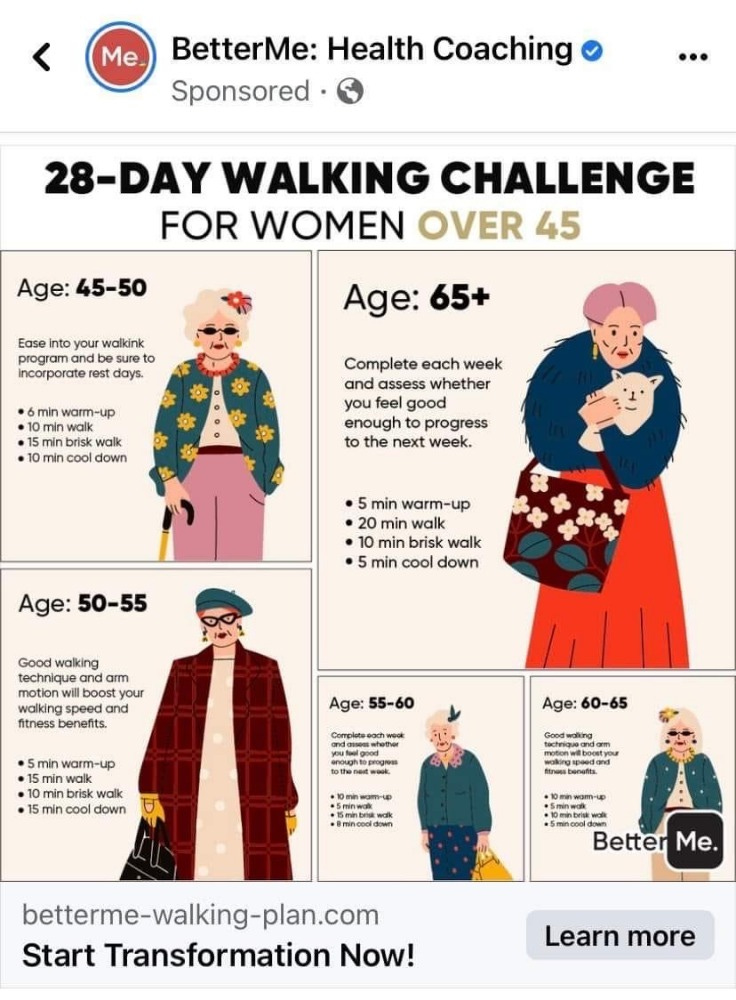






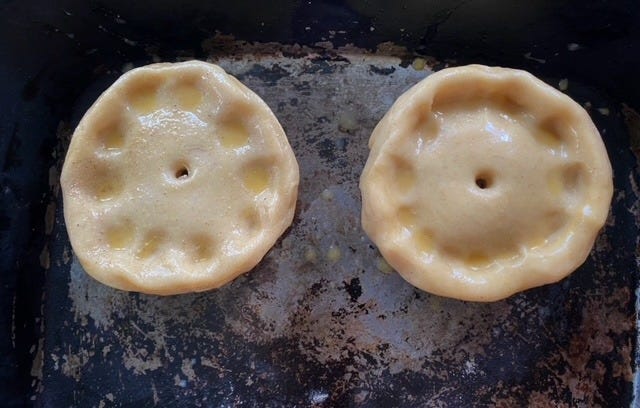


Excellent piece, Flic. I enjoy a drink but I’m often reminded of Cassio’s words in “Othello”: “I could well wish courtesy would invent some other custom of entertainment”